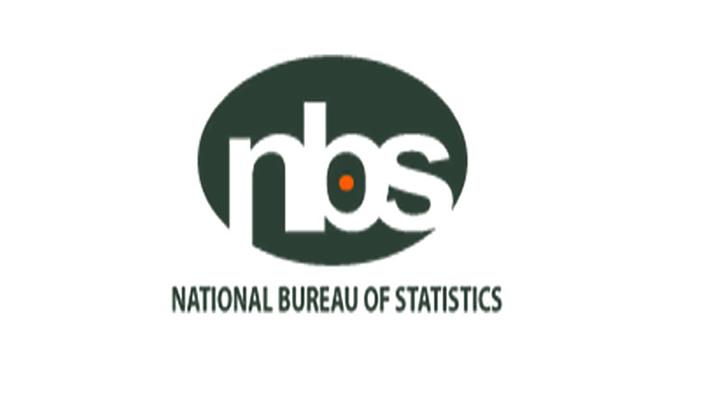
Nigeria’s nominal Gross Domestic Product (GDP) reached an all-time high of ₦100.73 trillion in the second quarter of 2025, according to new data released by the National Bureau of Statistics (NBS).
This marks a 6.6% increase from ₦94.05 trillion recorded in Q1 2025. Meanwhile, the country’s real GDP which accounts for inflation stood at ₦51.20 trillion for the same period.
The strong figures follow the July 2025 rebasing of Nigeria’s GDP, which updated the economic measurement framework to reflect current market dynamics. The rebased GDP for 2024 was estimated at ₦372.8 trillion.
According to the report, non-oil sectors were the primary contributors to the growth, accounting for a massive 95.95% of the total GDP in Q2. The oil sector, by contrast, contributed just 4.05%.
Breaking down sectoral performance:
- Services led with 56.53%
- Agriculture followed with 26.17%
- Industries contributed 17.31%
These three sectors combined helped power the economy to a 4.23% GDP growth rate in Q2 2025, reflecting Nigeria’s ongoing economic diversification away from heavy reliance on oil.
Context Behind the Growth
The GDP rebasing in July, Nigeria’s first since 2014 brought the economic accounting base year up to 2019, allowing for more accurate reflection of evolving market realities, particularly in the digital economy, informal sectors, and services.
This has led to more robust nominal figures, enabling policymakers, investors, and development partners to better assess the size, structure, and performance of the Nigerian economy.



